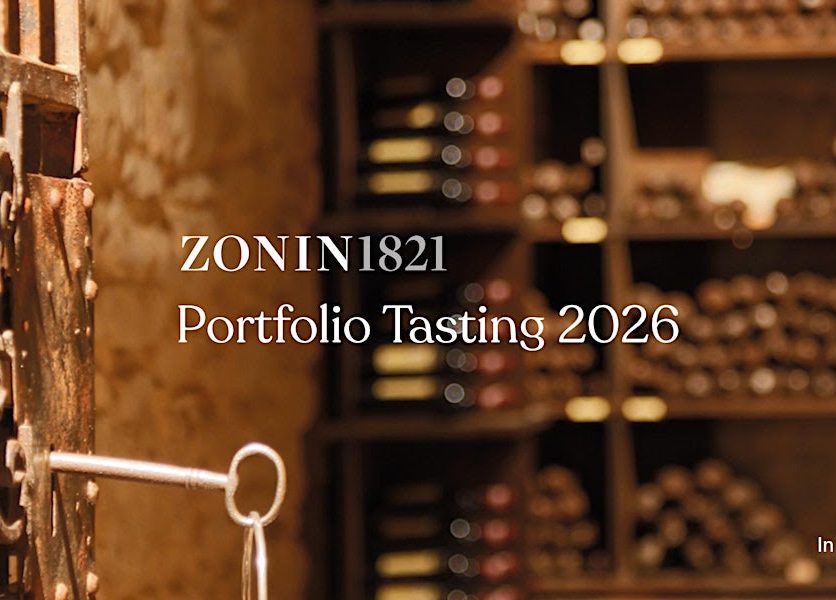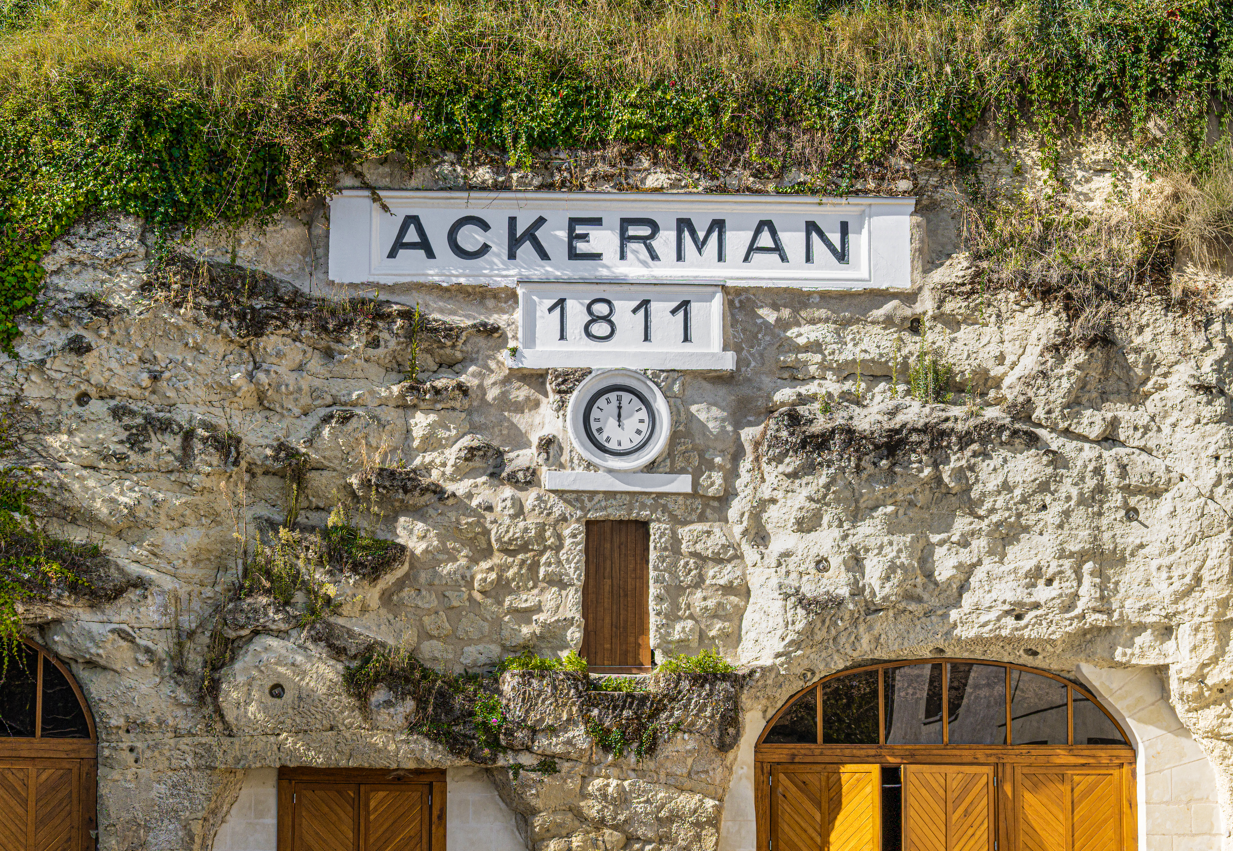Cuba deal opens door to US imports
There should be two cheers in the Paris headquarters of Pernod Ricard this morning for President Barack Obama of the US and Raul Castro of Cuba.
Their agreement to begin the process of normalising relations between the two countries means that for the first time in 53 years rum produced in the Caribbean island will be allowed into America.
That does not mean that the French group will be able to export its Cuban rum, Havana Club, to the US. It lost the US trademark for the brand to Bacardi in a bitter and drawn-out legal wrangle in 2012. But at least those US citizens permitted to travel to Cuba (most still are banned) can now take home $100 worth of spirits, equivalent to about three bottles of Havana Club.
That will not add much to the 4m case sales volumes of the world’s No 3 rum (after Bacardi and Captain Morgan) but it will encourage the French giant that the US market, which accounts for 40% of global rum sales, will be open to it in the not too distant future.
That will require Congress repealing a 1996 Act and other laws that restrict most travel and trade with Cuba. And although the Republicans hold the majority in both houses of Congress and are unlikely to agree easily to such a change, most observers believe it is only a matter of time, brought closer by yesterday’s announcement.
When the US eventually reopens its doors to Cuban exports, Pernod Ricard will market its Caribbean rum under the Havanista name. It has registered the trademark with the US authorities but there is little doubt that the spirit inside the bottles will be its Havana Club range of rums.
Partner Content
Havana Club was owned by Cuba’s Jose Arechabala Company, which began selling in the US in the 1930s. But following Cuba’s 1959 revolution, Fidel Castro’s government seized the distillery and the brand and subsequently entered a joint-venture with Pernod Ricard to market the rum globally.
With Washington banning imports from Cuba, the Arechabala family sold the brand name to Bacardi and set up production in Puerto Rico. Since then Pernod Ricard and Bacardi have fought over ownership to the Havana Club name in the US courts.
In 2012 the US Supreme Court ruled in Bacardi’s favour, a judgement that effectively confirmed its right to sell the Puerto Rican rum under the Havana Club name, but only in the US. Pernod Ricard controls the brand rights with its Cuban partner, Corporacion Cuba Ron SA , throughout the rest of the world.
Following the 2012 ruling, Pernod Ricard says it has not totally given up hopes of restoring its right to the Havana Club name in the US but meanwhile it has reregistered the Havanista brand name in the US, underlining its intention to attack the huge US rum market as soon as it is able. At the time, Jerome Cottin-Bizonne, the CEO of the joint venture Havana Club International, said: “With Havanista, if the embargo is lifted, we will be happy to bring the unique quality and taste of Cuban rum to US consumers… If you like Havana Club, you will love Havanista.”
Pernod Ricard says that Havana Club is among the fastest growing spirits brands worldwide, having experienced double-digit growth nearly every year for the past 20. The eventual opening of the US market to Havanista could have a significant impact on the French group’s US sales.




